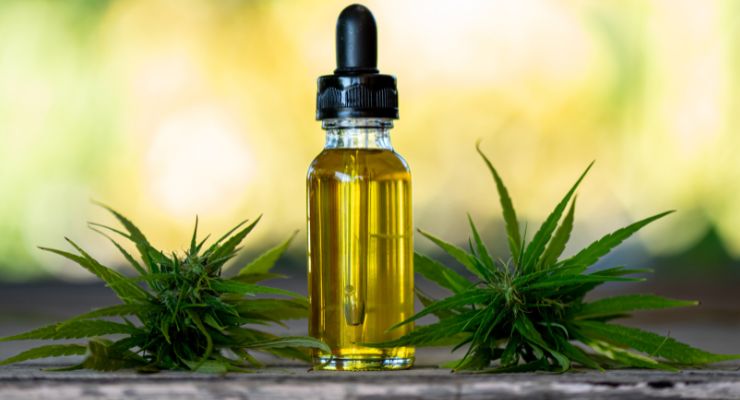01.09.24
The American Herbal Product Association (AHPA)’s Cannabis Committee has revised its guidance policy on the marketing of synthesized artificial cannabinoids, including delta-8 tetrahydrocannabinol (THC). The primary revision adds a new recommendation that delta-8 THC and other synthesized THCs be sold only in legal channels of trade for adult-use cannabis products, and only in compliance with the regulations in jurisdictions that allow those sales.
AHPA’s Hemp Lexicon defines a synthesized cannabinoid as a cannabinoid produced in a laboratory or by industry using directed synthetic or biosynthetic chemistry, rather than traditional food preparation techniques like heating or extracting.
The new provision will strengthen AHPA’s guidance policy on the sale of synthesized cannabinoids that are being produced from hemp biomass, and that are “likely to produce impairment upon human consumption,” AHPA reports.
Initial AHPA guidance policy on synthetic cannabinoids which was adopted in 2021 also recommended that products which contain synthesized cannabinoids shouldn’t be labeled as “hemp.” The new policy now encourages the identification of any synthesized cannabinoid ingredient by an accurate common or usual name in product labeling and marketing.
The guidance policy also strongly discourages any marketing of artificial cannabinoids; AHPA defines “artificial cannabinoid” as any cannabimimetic compound that interacts with cannabinoid receptors with a molecular structure that isn’t found in nature.
AHPA encourages its members to adopt these policies to “establish consistent and informed trade practices.”
Already, the U.S. Food and Drug Administration has sent warning letters to several companies selling delta-8 THC products as unapproved treatments for various medical conditions or other therapeutic uses.
“Any company marketing products containing delta-8 THC should be aware these products are coming under FDA’s scrutiny,” AHPA stated. “Numerous states have also instituted regulations specific to the marketing of and consumer access to products containing delta-8 THC and other synthesized cannabinoids.”
AHPA’s Hemp Lexicon defines a synthesized cannabinoid as a cannabinoid produced in a laboratory or by industry using directed synthetic or biosynthetic chemistry, rather than traditional food preparation techniques like heating or extracting.
The new provision will strengthen AHPA’s guidance policy on the sale of synthesized cannabinoids that are being produced from hemp biomass, and that are “likely to produce impairment upon human consumption,” AHPA reports.
Initial AHPA guidance policy on synthetic cannabinoids which was adopted in 2021 also recommended that products which contain synthesized cannabinoids shouldn’t be labeled as “hemp.” The new policy now encourages the identification of any synthesized cannabinoid ingredient by an accurate common or usual name in product labeling and marketing.
The guidance policy also strongly discourages any marketing of artificial cannabinoids; AHPA defines “artificial cannabinoid” as any cannabimimetic compound that interacts with cannabinoid receptors with a molecular structure that isn’t found in nature.
AHPA encourages its members to adopt these policies to “establish consistent and informed trade practices.”
Already, the U.S. Food and Drug Administration has sent warning letters to several companies selling delta-8 THC products as unapproved treatments for various medical conditions or other therapeutic uses.
“Any company marketing products containing delta-8 THC should be aware these products are coming under FDA’s scrutiny,” AHPA stated. “Numerous states have also instituted regulations specific to the marketing of and consumer access to products containing delta-8 THC and other synthesized cannabinoids.”




























